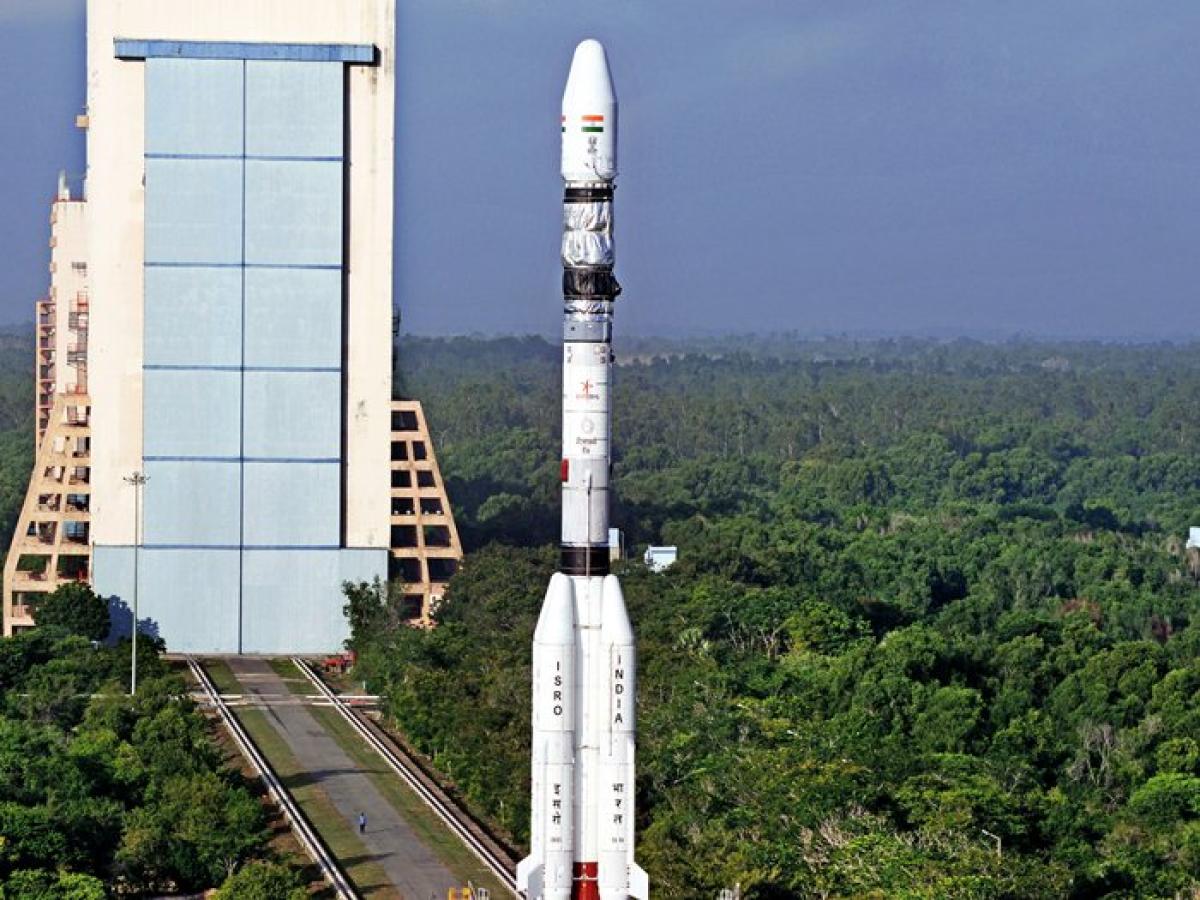Communication satellite GSAT-18 launch delayed due to unfavourable weather conditions

The liftoff of Ariane 5 rocket with Indian satellite GSAT-18 has been postponed to October 6 due to unfavourable weather conditions, said Arianespace.
Chennai: The liftoff of Ariane 5 rocket with Indian satellite GSAT-18 has been postponed to October 6 due to unfavourable weather conditions, said Arianespace.
According to the French company Arianespace, the rocket launch has been delayed by 24 hours.
The rocket is expected to liftoff between 2 a.m. and 3.15 a.m. from Kourou (French Guiana) on October 6.
The launch of the Ariane-5 rocket from Kourou (French Guiana) was scheduled to take place between 2 a.m. and 3.15 a.m. (India Time) on Wednesday.
According to Indian Space Research Organisation (ISRO), GSAT-18 is the country's latest communication satellite with 48 transponders that receive and transmit communication signals.
The 3,404 kg satellite will provide services in normal C-band, upper extended C-band and Ku-bands of the frequency spectrum.
The satellite carries Ku-band beacon as well to help in accurately pointing ground antennas towards the satellite.
Its designed in-orbit operational life is about 15 years.
For Arianespace, this will be its eighth launch mission this year.
Apart from the Indian communication satellite, the Ariane 5 rocket will be carrying Australian Sky Muster II satellite.
According to Arianespace, GSAT-18 will be the 20th satellite from ISRO to be launched by it.
Since the launch of the Apple experimental satellite on Flight L03 in 1981, Arianespace has orbited 19 Indian satellites, winning 86 per cent of the geostationary orbit launch contracts that the country has opened to non-Indian launch systems.
Built by ISRO, GSAT 18 will provide telecommunications services for India, strengthening ISRO's current fleet of 14 operational telecom satellites.
This Ariane 5 flight will be the 280th mission by the Arianespace launcher family.

















